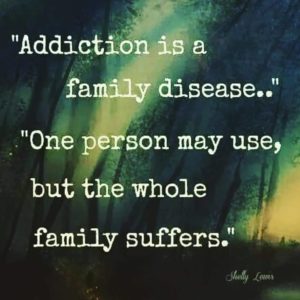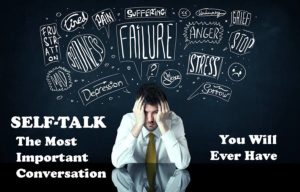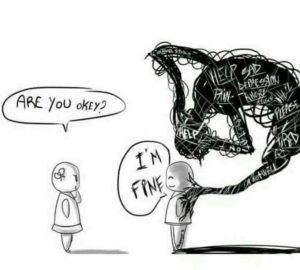When a family member struggles with active addiction, he or she usually under-functions and behaves irresponsibly. This, too, sha pes the behavior of other family members. They typically respond by becoming more controlling and overly responsible. Whenever a family member struggles with any serious ongoing condition, everyone in the family is significantly affected. The equilibrium or balance of the family system shifts as each member changes and adjusts accordingly. These changes usually occur incrementally, subtly, and unconsciously.
pes the behavior of other family members. They typically respond by becoming more controlling and overly responsible. Whenever a family member struggles with any serious ongoing condition, everyone in the family is significantly affected. The equilibrium or balance of the family system shifts as each member changes and adjusts accordingly. These changes usually occur incrementally, subtly, and unconsciously.
The havoc active addiction creates in families and relationships stresses everyone in these “systems”—parents, children, siblings, spouses, partners, close friends, etc. Active addiction destabilizes the home environment, disrupts family life and muddling relationships, and often compromises finances, as well as mental, emotional, and physical health. Without assistance and unless family members and significant others learn and practice how to do things differently, these effects can be chronic and long-term.
 “…we accept responsibility for our problems and see that we’re equally responsible for our solutions.”
“…we accept responsibility for our problems and see that we’re equally responsible for our solutions.”
Basic Text, p. 97
Some of us, well accustomed to leaving our personal responsibilities to others, may attempt the same behavior in recovery. We quickly find out it doesn’t work.
For instance, we are considering making a change in our lives, so we call our sponsor and ask what we should do. Under the guise of seeking direction, we are actually asking our sponsor to assume responsibility for making decisions about our life. Or maybe we’ve been short with someone at a meeting, so we ask that person’s best friend to make our apologies for us. Perhaps we’ve imposed on a friend several times in the last month to cover our service commitment. Could it be that we’ve asked a friend to analyze our behavior and identify our shortcomings, rather than taking our own personal inventory?
Recovery is something that has to be worked for. It isn’t going to be handed to us on a silver platter, nor can we expect our friends or our sponsor to be responsible for the work we must do ourselves. We recover by making our own decisions, doing our own service, and working our own steps. By doing it for ourselves, we receive the rewards.
Just for Today: I will accept responsibility for my life and my recovery
 Are you aware of your inner voice – the one that provides a running monologue? Cheerful and supportive or negative and self-defeating, this internal chatter is referred to as “self-talk.” Your self-talk combines your conscious thoughts with your unconscious beliefs and biases. It’s an effective way for your brain to interpret and process your daily experience. However, human nature is prone to negative self-talk, making sweeping assertions like “I can’t do anything right!” or “I’m a complete failure!” We know this negativity can be unrealistic or even harmful, but we do it anyway.
Are you aware of your inner voice – the one that provides a running monologue? Cheerful and supportive or negative and self-defeating, this internal chatter is referred to as “self-talk.” Your self-talk combines your conscious thoughts with your unconscious beliefs and biases. It’s an effective way for your brain to interpret and process your daily experience. However, human nature is prone to negative self-talk, making sweeping assertions like “I can’t do anything right!” or “I’m a complete failure!” We know this negativity can be unrealistic or even harmful, but we do it anyway.
The good news is that you can learn to challenge that negative self-talk, and the first step is becoming more aware of it.
“If you celebrate your differentness, the world will, too. It believes exactly what you tell it—through the words you use to describe yourself, the actions you take to care for yourself, and the choices you make to express yourself. Tell the world you are one-of-a-kind creation who came here to experience wonder and spread joy. Expect to be accommodated.” (quote: V. Moran)
Authenticity is everything! You have to wake up every day and look in the mirror, and you want to be proud of the person who’s looking back at you. And you can only do that if you’re being honest with yourself and being a person of high character. You have an opportunity every single day to write that story of your life” (Aaron Rodgers)
Being in touch with your feelings will make you a better person as well as a better parent and partner. Being true to your emotions can’t help but make you feel better about yourself, for you’re able to be authentic.
When we choose to bury our feelings, we act differently. We may not make ourselves available to others and may withdraw, or just not be fully engaged when we do spend time with other people. At other times, we can react inappropriately because our emotions are pulling us in a different direction from where we really want or need to go. When you express how you really feel (in an appropriate manner), problems get solved, relationship issues get resolved, and life is easier. In addition, you will like your life better because you’re not holding on to unhealed or confusing feelings.

